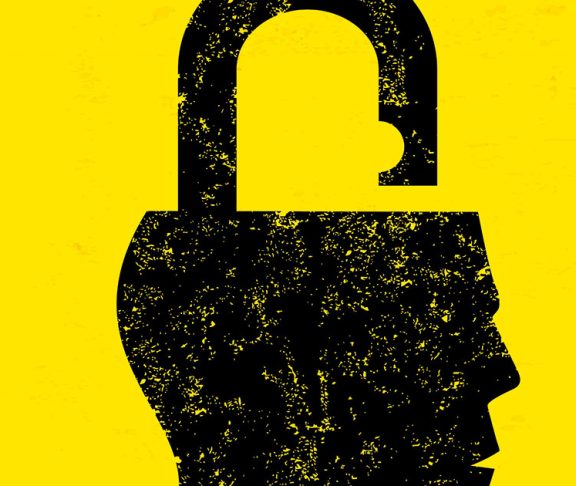Advances in brain imaging technologies and other related sciences continue to improve our understanding of addiction. Rather than a moral failing, we now know that substances such as nicotine, alcohol, opioids and even sugar change the biology of the brain. For some, these biological stresses can be difficult to overcome without medical assistance, particularly in the case of opioid addiction.
The definition of addiction
Addiction is a chronic brain disease that causes a person to compulsively seek and use substances. Just as leaving cardiovascular disease untreated can damage the heart or lead to death, addiction that is not addressed can have dramatic negative impact on the brain’s structure. Imaging studies of brains in people with addiction compared to those without show changes in the regions critical to decision-making, learning and memory. Because addiction hijacks the brain’s ability to appropriately respond to pleasure or pain, the classic symptom of addiction is impaired self-control. This helps explain why people with addictions continue to use drugs even when they know the inherent harm.
Not everyone who uses drugs will become addicted. Some studies suggest about half the risk is genetic, but tends to increase when combined with a range of other environmental and developmental factors. Adolescents are at greater risk because their developing brains are more vulnerable to structural changes. People with serious mental disorders, such as schizophrenia, which implicates some of the same circuitry as addiction, are also at greater risk.
Vocabulary of addiction
As the view of addiction shifts from a moral failing to a medical condition, the language used to describe addiction is also changing. Saying “a person with an addiction” instead of “an addict” helps separate the person from the disease and is not punitive.

